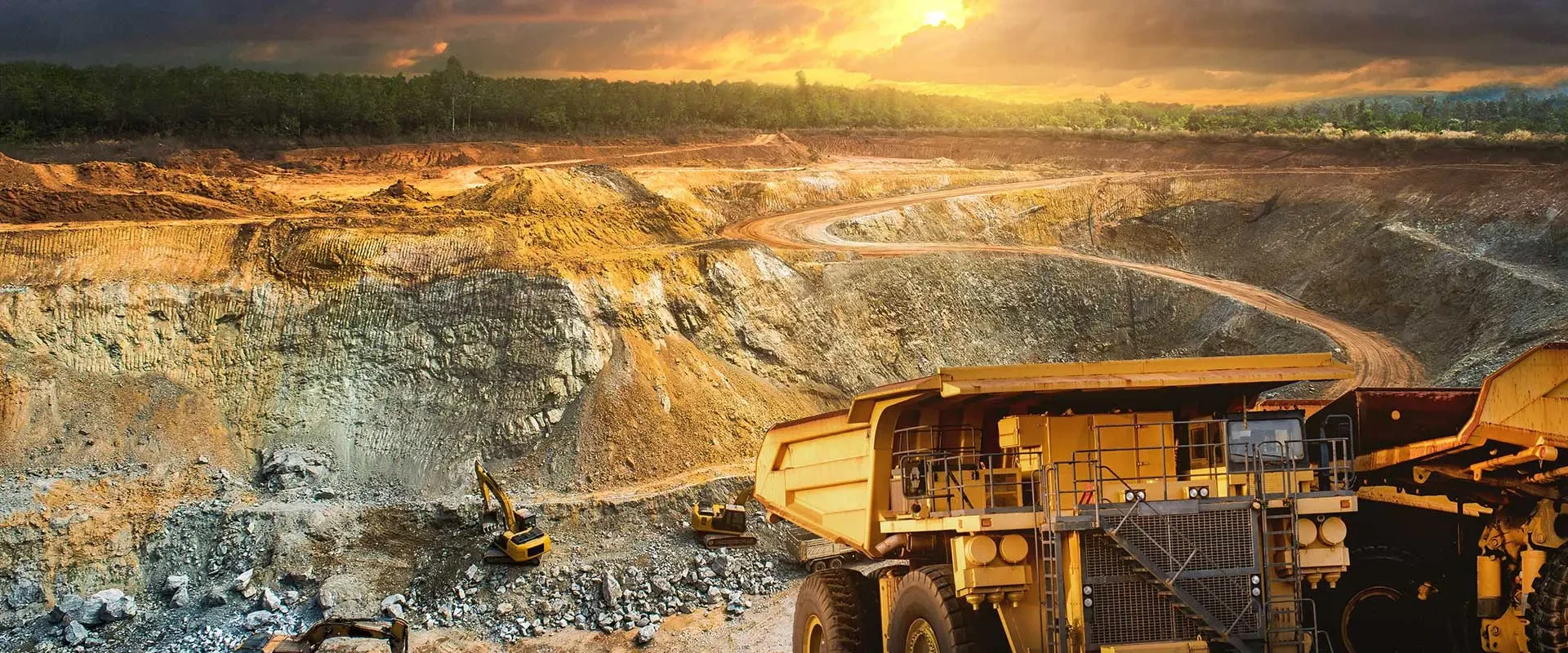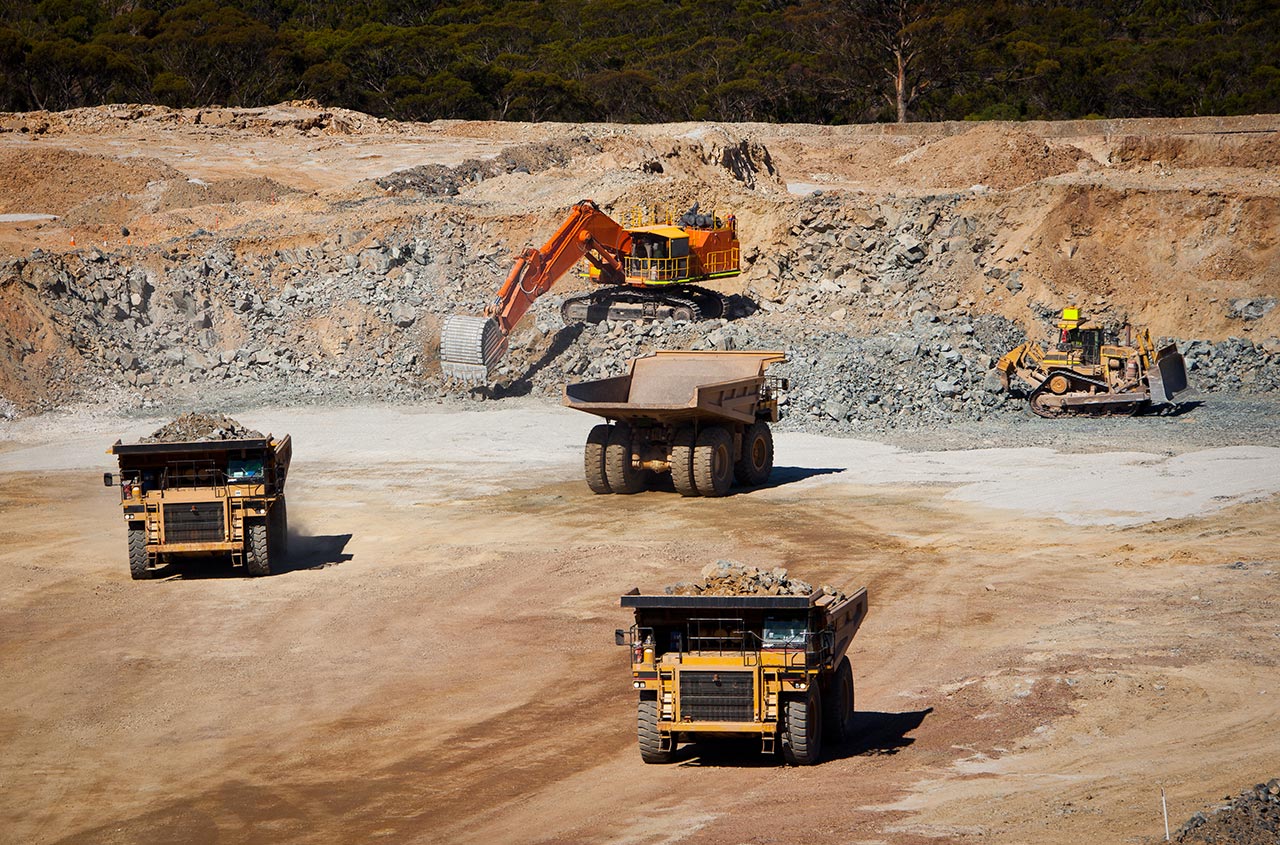
Subscribe to stay informed, inspired and involved.
In January 2023, a new global investor initiative, the Global Investor Commission on Mining 2030, was launched at the London Stock Exchange. The Commission aims to address the systemic risks faced by the mining sector that challenge its social license to operate and the role it needs to play in providing the minerals for the low carbon transition.
The Commission was launched with the support of the United Nations, the Principles for Responsible Investment (PRI), the Australian Council for Superannuation Investors (ACSI), with supporting statements from the Chief Executives of BHP, Rio Tinto and Anglo American as well as the Archbishops of Canterbury and Cape Town and Brumadinho community activist, Angelica Andrade.
The Commission’s ten focus areas include:
- anti-corruption,
- artisanal mining,
- automation and the future workforce,
- biodiversity, land and protected areas,
- child labour,
- climate change,
- conflict and reconciliation,
- historic legacy of mining and rehabilitation,
- indigenous community & First Nations rights, and
- mine tailings waste and site closures.
The aim of the Commission is to develop a global consensus across the finance and corporate world for a reformed mining sector by 2030 that:
- retains its social license to operate;
- meets the needs of society and the low carbon transition; and
- does not cause harm to people, communities and the environment.
It draws upon the lessons learnt by investors from the steps they have taken with industry and the UN following the Brumadinho disaster in Brazil. The Commission is facilitating a series of working groups that aim to identify key steps which will drive systemic change and support this vital sector to meet the mineral demands of society and our environment.

Why was the Commission established?
An expansion of the mining industry is necessary to achieve the Paris Agreement goals, but the good practice that exists is undermined by a series of systemic social and environmental issues that challenge both mining today and will challenge its future growth if not adequately addressed.
A key example of this is the increasing scramble by governments and companies to secure the supply chains of transition minerals required to deliver on their net zero commitments. For instance, whether auto manufacturers can meet battery demand for new electric vehicles will depend on minerals required within batteries. Meeting net zero demand, according to one leading market analyst, requires lithium mining to increase production by 880% and graphite by over 900% in the decade from 2020 to 2030.
Even with significantly greater recycling, substitution of key minerals for other minerals and greater efficiency of mineral usage there is no path to net zero without very considerable expansion of mining.
The Commission is focused on addressing these systemic risks across geographies from tailings dams prone to collapse, to the impact of automation on its workforce, to the sector’s effects on biodiversity. This group of issues is not exhaustive but is indicative of the range of challenges identified by institutional investors in the mining sector. A particular challenge is that there are many leading practitioners of good practice within their operations and a new generation of mining leaders, but when something goes wrong the whole sector is impacted. A collaborative approach to devise a path, carrying the confidence of the many stakeholders in mining, that ensures the whole sector, not just some leading companies, can operate to the highest global best practice standards will be a key focus of the work of the Commission.
How will it work?
An ambitious agenda will be pursued by the Commission targeting sector-wide reform by 2030 to be supported by investors, banks, insurers and mineral demand side companies. Recognising the central role the mining industry must play in the transition to a low carbon economy and the vulnerability of supply chains to mineral demand, the Commission will carefully consider the Standards, practical steps and investment needed to secure mining’s future.
A key focus of the work of the Commission will be to identify gaps in global best practice standards across social and environmental systemic risks including artisanal mining, waste management, biodiversity protection, child labour and the role minerals play in driving conflict.
Why are investors supportive of the commission?
Mining is systemically important to their portfolios:
- Multiple important sectors are dependent on what is mined: Whilst often representing a relatively small percentage of a diversified portfolio mining has disproportionate importance. Key sectors are dependent on mining including: agriculture, autos, aviation, big tech, cement, construction, manufacturing, steel and shipping to name but a few.
- Mining can be a force for sustainable development: Mining can be vital to driving infrastructure and development in key economies especially, developing and emerging economies (e.g. ports, railways, shipping, communications and other related infrastructure).
- Investor net zero targets are dependent on mining: Key sectors decarbonisation is dependent on transition minerals and, in turn, investor’s own portfolio transition targets and risk mitigation is dependent on the success of mining being able to supply the necessary transition minerals.
Social License of Mining extends to those that own / finance mining companies:
- Outsized Social Impacts: When mining goes wrong it not only impacts the community and environment of the incident, it calls into question the social license of the company, sector and those that are investing in it. We all share responsibility.
- Legal action as a result of disasters impacts social licence: Increasing legal action exposes significant risk.
- Mining does and will increasingly operate in conflict prone areas: Without effective stewardship of companies there is potential for increased conflict. A significant percentage of transition producing mines are located next to, or on, land belonging to indigenous or First Nations peoples.
- Investors will be judged on the role they play in supporting a Just Transition: The Just Transition calls investors to engage with the impacts on communities producing commodities that will not be part of the transition.
Investors have levers to drive change:
- Evidence of tangible impact from Investor Action. Following the Brumadinho disaster investors working with industry and wider stakeholders have shown they can support tangible change through stewardship – setting Global Standards, creating accountability through disclosures, building global Institutions and catalysing alignment across the finance sector.
The Commission is a critical intervention in a vital sector that needs investor engagement if mining is to play the role needed of it by society and the global energy transition. Responsible mining can be a positive contributor to development.
Commission membership
In April 2023, the Commission issued an open call for nominations from the following stakeholder groups:
- Mining Industry (both large and small enterprises)
- Impacted and potentially affected community
- Trade Union
- Indigenous / First Nation community
- Investment industry
- Insurance / Banking Industry
- Technical
- Academic community
- Relevant civil society and NGOs
- Workforce
- Regulatory/Government
The Commission will: engage all relevant stakeholders; ensure that stakeholder voices are fully heard and acknowledged; build a common understanding of what is needed to deliver a socially just and environmentally responsible sector; and identify areas where there is an absence of consensus (on the issue analysis and/or on the solutions needed).
More detail on the Global Investor Commission on Mining 2030 can be found at https://mining2030.org/
If you would like to learn more about our services, you can request a call with our team by clicking here.
